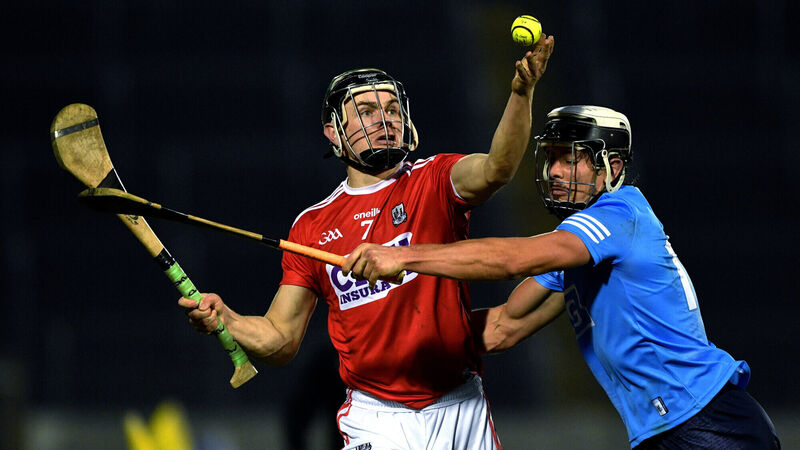Derek McGrath: Will Cork consider Mark Coleman as sweeper from the start against Tipperary?

Cork's Mark Coleman in action against Cian Boland of Dublin at Semple Stadium on Saturday. Photo by Daire Brennan/Sportsfile
It would be interesting to eavesdrop on the conversations in the Cork hurling management this week.








